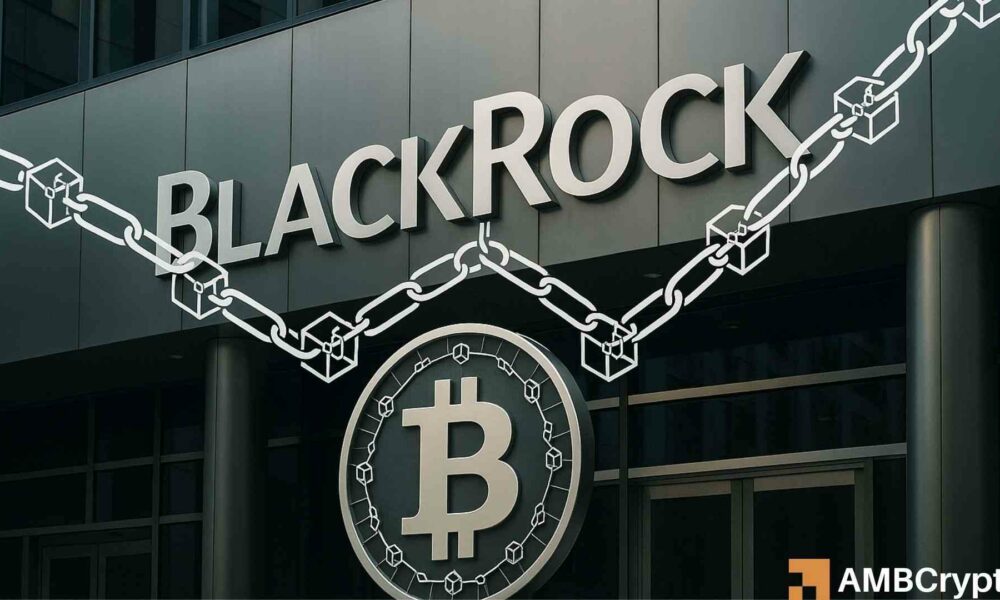The Future of Finance: BlackRock’s Push into Tokenized Assets
As the financial landscape evolves, BlackRock, the world’s largest asset manager, is at the forefront of a significant transformation. The company is reportedly exploring ways to expand beyond its existing BUIDL tokenized money market fund to include crypto exchange-traded funds (ETFs), stocks, and potentially other asset classes on-chain. This move signifies a notable shift that points towards the future of decentralized finance and could alter how investments are made and managed.
Expansion of Tokenized Products
According to a recent Bloomberg report, BlackRock’s plans involve the introduction of various tokenized products that could significantly enhance its financial offerings. With a robust interest in digital assets, the company is not limiting its focus to crypto ETFs alone but is also considering listing traditional stocks as digital tokens. This could potentially merge traditional finance with the growing world of blockchain technology, allowing for greater efficiency and accessibility in trading.
Financial Innovation Driven by Tokenization
BlackRock believes that every asset can be tokenized, a notion emphasized by CEO Larry Fink. In his perspective, this development could lead to unprecedented changes in the investment landscape, allowing markets to remain open and settlements to occur almost instantaneously. He views this potential shift as the most "disruptive innovation since ETFs," hinting at the vast opportunities that tokenization presents. Given BlackRock’s substantial holdings, which have surged to $100 billion in cryptocurrencies in just under two years, the financial industry is certainly paying attention.
Regulatory Landscape and Challenges
However, such ambitious plans hinge on regulatory approval. The securities regulations surrounding tokenized assets remain complex and varied. For instance, SEC Commissioner Hester Peirce noted that while tokenized stocks will be considered securities, they must comply with existing securities laws. As the demand for clearer regulations intensifies, financial institutions must navigate this challenging landscape to roll out tokenized offerings effectively. The landscape is evolving, and clear rules are essential to guide market participants.
An Ongoing Debate on Market Viability
Despite the excitement surrounding tokenized assets, skepticism still exists. Analysts like Bloomberg ETF specialist Eric Balchunas argue that the “on-chain” market is still relatively small and may not provide enough consumer value to drive a significant transition. Many traditional investors remain hesitant to shift from established investment vehicles like ETFs, which have long been a staple in diversified portfolios. This skepticism raises questions about whether tokenization will be a game-changer or simply a passing trend in the financial sector.
Conclusion: A Revolutionary Path Ahead
In conclusion, BlackRock’s exploration of tokenized financial products signifies a transformative phase in asset management. As the company paves the way for digital innovations in finance, the potential for revolutionizing the investing experience looms large. While regulatory hurdles and market acceptance are ongoing challenges, the narrative surrounding tokenization is increasingly becoming a central theme in the discussion about the future of finance. Whether this will lead to a fundamental shift in how assets are traded and managed remains to be seen, but the implications of these developments could be profound.


